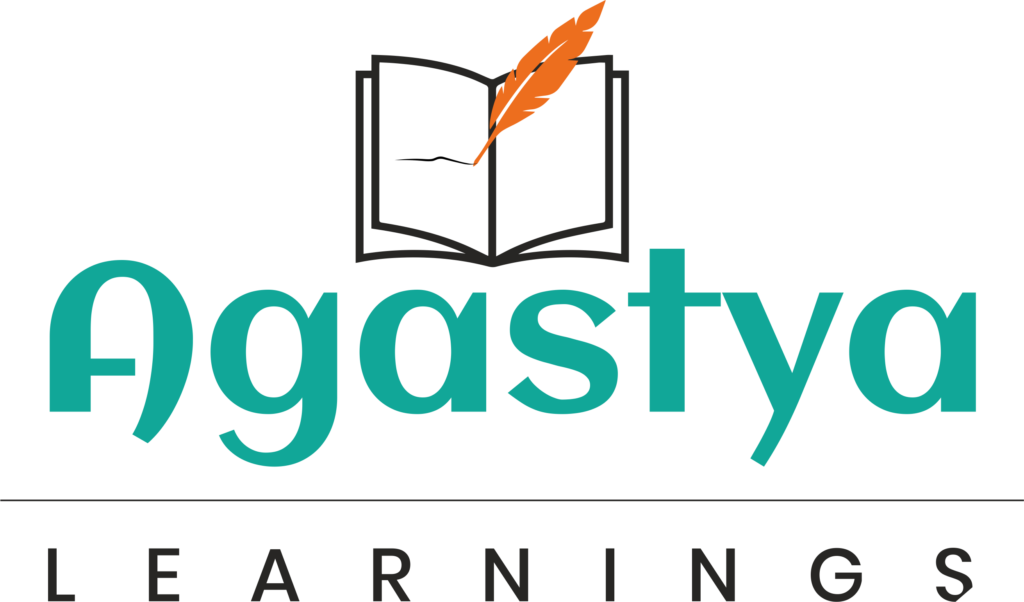
Enhancing Problem-Solving Skills in Mathematics: A Guide for Young Learners
Enhancing Problem-Solving Skills in Mathematics: A Guide for Young Learners
Mathematics is a subject that goes far beyond numbers and equations; it’s a way of thinking, analyzing, and solving problems. For young learners, developing strong problem-solving skills in mathematics not only helps them excel in their academics but also nurtures their critical thinking abilities, preparing them for future challenges in both education and life.
In this blog, we will explore how to enhance problem-solving skills in mathematics for young learners, why these skills are essential, and how targeted preparation through Olympiad exams, scholarship exams, and hybrid learning can foster a love for math and build confidence in tackling complex problems.
Understanding the Importance of Problem-Solving in Mathematics
Problem-solving in mathematics is much more than simply finding the right answer. It involves logical reasoning, critical thinking, and the ability to break down complex problems into manageable steps. These skills are essential for students’ overall academic growth and success in life.
Why Problem-Solving Skills Matter:
- Boosts Critical Thinking: Problem-solving requires students to think critically and analyze problems from multiple perspectives. This strengthens their ability to approach challenges systematically.
- Encourages Independent Thinking: By learning how to solve problems independently, students develop confidence and self-reliance, skills that are valuable in all areas of life.
- Improves Academic Performance: Strong problem-solving skills are directly linked to better performance in mathematics, as well as other subjects like science and engineering.
- Prepares for Competitive Exams: Many competitive exams, such as Olympiad and scholarship tests, emphasize problem-solving. Students with strong problem-solving skills are better equipped to excel in these exams.
Steps to Enhance Problem-Solving Skills in Mathematics
Building problem-solving skills in mathematics is a process that requires time, practice, and the right strategies. Here’s how young learners can strengthen their abilities:
Understand the Problem
The first step in solving any math problem is to ensure that the problem is fully understood. Encourage students to read the problem carefully, identify the key information, and determine what is being asked.
Tips:
- Break down the problem into smaller parts.
- Encourage students to restate the problem in their own words.
- Identify what information is relevant and what can be ignored.
Develop a Plan
Once the problem is understood, students should devise a plan or strategy to solve it. This may involve choosing a specific formula, method, or technique based on the type of problem.
Tips:
- Encourage students to think about multiple ways to approach the problem.
- Help them recognize patterns or use similar problems they’ve solved in the past.
- Use diagrams or visual aids to represent the problem.
Execute the Plan
With a strategy in place, the next step is to carry out the plan and work through the solution. This is where students apply their mathematical knowledge to arrive at an answer.
Tips:
- Guide students to work step-by-step, showing their work clearly.
- Remind them to stay patient and take their time to avoid careless mistakes.
- If they get stuck, encourage them to try a different approach or revisit the problem.
Review and Reflect
After solving the problem, it’s important for students to review their work and reflect on the solution. This helps them learn from their experience and prepares them for future problems.
Tips:
- Check the solution for accuracy and completeness.
- Encourage students to explain why their solution works and how they arrived at the answer.
- Discuss alternative methods for solving the problem.
Strengthening Problem-Solving Skills Through Olympiad Exams
Olympiad exams are designed to challenge students and develop their problem-solving skills by presenting them with unique and complex problems. Preparing for these exams is a great way for young learners to enhance their mathematical abilities.
How Olympiad Exams Build Problem-Solving Skills:
- Advanced Problem Sets: Olympiad exams often feature non-standard problems that encourage creative thinking and require students to apply their knowledge in new ways.
- Logical Reasoning: These exams emphasize logical reasoning, pushing students to think critically and find innovative solutions.
- Time Management: Solving complex problems under time constraints helps students improve their time management skills, an essential aspect of problem-solving.
By regularly practicing Olympiad-level problems, students can develop a deep understanding of mathematical concepts and sharpen their problem-solving skills.
Preparing for Scholarship Exams: A Focus on Problem-Solving
Many scholarship exams assess a student’s ability to solve problems quickly and accurately. Strong problem-solving skills can give students a competitive edge in these exams.
Preparation Strategies for Scholarship Exams:
- Regular Practice: Consistent practice with a variety of problem types is key to improving problem-solving skills. Encourage students to work on different types of math problems regularly.
- Mock Exams: Taking mock exams helps students get used to the exam format and improve their ability to solve problems under pressure.
- Targeted Feedback: After completing practice problems or mock exams, it’s important to review mistakes and receive feedback. This helps students learn from their errors and refine their strategies.
Through focused preparation for scholarship exams, students can strengthen their problem-solving abilities and increase their chances of earning academic scholarships.
Leveraging Hybrid Learning for Math Problem-Solving
The hybrid learning model, which combines online resources with traditional classroom instruction, provides a powerful platform for developing problem-solving skills in mathematics. With access to interactive tools and personalized guidance, students can engage with math in new and exciting ways.
How Hybrid Learning Enhances Problem-Solving Skills:
- Interactive Tools: Many online learning platforms offer interactive tools like virtual math labs, problem-solving games, and step-by-step tutorials that help students practice and refine their skills.
- Personalized Learning: Hybrid learning platforms often tailor the curriculum to the student’s level, providing practice problems that are aligned with their abilities and gradually increasing in difficulty.
- Real-Time Feedback: Through online quizzes and exercises, students receive immediate feedback on their problem-solving attempts, helping them understand their mistakes and improve more quickly.
- Flexible Learning Environment: With hybrid learning, students can access math resources anytime and anywhere, allowing them to practice problem-solving skills outside of the traditional classroom.
By incorporating hybrid learning into their math education, students can engage with challenging problems at their own pace and receive the support they need to succeed.
Encouraging a Growth Mindset in Mathematics
One of the most important aspects of developing problem-solving skills in mathematics is fostering a growth mindset. This mindset encourages students to view challenges as opportunities for learning rather than obstacles.
How to Promote a Growth Mindset:
- Celebrate Effort, Not Just Results: Encourage students to focus on the process of solving the problem rather than just the final answer. Praise their effort and persistence.
- Embrace Mistakes as Learning Opportunities: Help students understand that making mistakes is a natural part of learning. Encourage them to reflect on their mistakes and learn from them.
- Set Achievable Goals: Guide students to set small, achievable goals in their problem-solving journey. As they meet these goals, they will build confidence and motivation to tackle more challenging problems.
With a growth mindset, students become more resilient in the face of difficult math problems and are more likely to persevere until they find a solution.
Conclusion: Nurturing Problem-Solving Skills for Lifelong Success
Mathematics is not just about solving equations—it’s about developing critical thinking, creativity, and perseverance. By enhancing problem-solving skills, young learners not only excel in their academic pursuits but also gain the tools they need to succeed in life.
Through targeted preparation for Olympiad and scholarship exams, along with the support of hybrid learning, students can build strong problem-solving abilities and a love for mathematics that will serve them well into the future.
At Agastya Learnings, we are committed to helping students develop their problem-solving skills through personalized math courses, Olympiad preparation, and engaging hybrid learning platforms.
Enroll today with Agastya Learnings and help your child become a confident and capable problem solver in mathematics!





